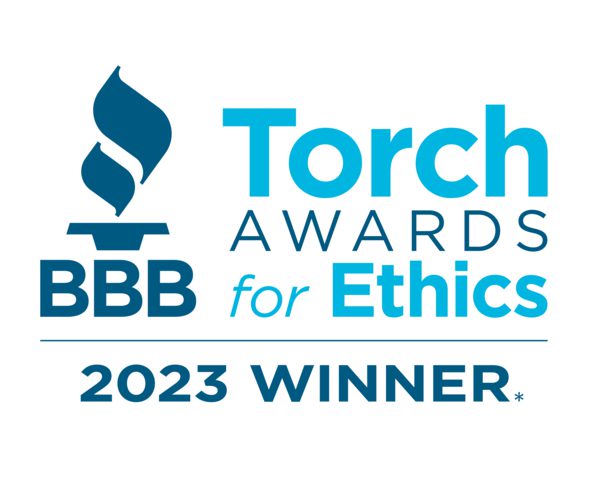Newly Released Senate Budget Sets Disparate Wages for Direct Care Workers
Public Statement, The Ability Center
On June 6, 2023, the Ohio Senate released its version of HB33, the Ohio Budget, which will direct Ohio taxpayer money for the next two years. The Ability Center Director of Advocacy Katherine Hunt Thomas released the following statement:
The budget sub-bill released by the Senate on Tuesday takes steps to move the needle on the direct care crisis, but it fails to raise wages enough to attract workers to the field of direct care and sets disparate wages for workers depending on their patient’s disability. The Ohio General Assembly should remedy these issues in the final budget.
Over the past year and a half, The Ability Center, in collaboration with other statewide advocacy groups, has been working hard to educate Ohio decision-makers on the long-term shortage of direct care workers in Ohio, which in recent years has become a crisis. In an Ability Center survey from 2021, 54.43% of Respondents stated that there is high turn-over in the in-home provider workforce, and their in-home providers change often. Anecdotally, over the past seven years, The Ability Center has heard from many individuals whose in-home providers do not show up in the morning, quit before the end of their first shift, or who are unable to find someone to assist them in their home. This crisis affects our aging Ohioans, young people with disabilities, and families struggling to support their loved ones in their home.
One core issue is wages. As of 2020, the average wage for a direct care worker in Ohio is $12.51/ hour. In comparison, in 2021, Target announced that it was raising its starting salary range to between $15-$24/ hour. Direct Care workers have a difficult job that involves directly assisting individuals with activities of daily living like dressing, bathing, eating, medication reminders, and other difficult tasks. To attract workers to the field, workers need to be paid competitive wages.
The House budget bill and Senate sub-bill address this disparity by setting a base wage for direct care workers at $17/ hour in fiscal year 2024 and $18/ hour in fiscal year 2025. We applaud these increases, and thank our decision-makers for listening, but base wages should be set to a more competitive $20.00/ hour.
Additionally, the Senate bill would pay more to providers of people with developmental disabilities than to providers that serve aging individuals or people who acquired their disability after age 22. Under the bill, providers of those with developmental disabilities will be paid $1 more than other providers. With higher rates tied to the developmental disabilities system, those who receive benefits from other systems like our grandparents and those with spinal cord injuries or TBI that occurred after age 22 will have difficulty attracting providers. All systems should provide the same, higher rate to in-home providers of any person who needs assistance.
Finally, the Senate has included an HCBS Taskforce to address this crisis. We are excited about the taskforce, but the way it is currently structured, it includes no members that represent the disability community. The membership of the taskforce should include a representative from the Centers for Independent Living and self-advocates served by the system.
The Senate sub-bill release on Tuesday includes many provisions that will benefit folks with disabilities and takes steps to address the current direct care crisis, and we are excited about many of the provisions that it contains. However, it should be changed to increase the base wage for in-home providers for all Waivers, should have an equitable rate that applies to providers for all disabilities; and the HCBS taskforce should include representatives from the disability community.


